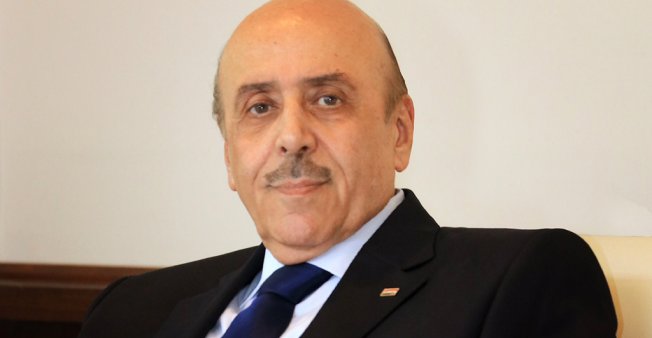US delegation met Assad’s security chief in Damascus in June, official says
A U.S. delegation including security and intelligence officials visited Damascus in June and met Syria’s security chief, an official in the regional alliance backing President Bashar al-Assad said on Tuesday. Earlier on Tuesday the pro-Hezbollah Lebanese newspaper al-Akhbar reported that the U.S. delegation had held a four-hour meeting with security chief Ali Mamlouk near Damascus international airport.
Asked about the reports, two senior U.S. intelligence officials, speaking on condition of anonymity, said there was an “ongoing dialogue with members of the Assad regime” about driving Islamic State from Syria, Damascus’ stockpile and use of chemical weapons, including chlorine, and the fate of journalist Austin Tice, who officials believe Damascus or its allies are holding.
The Syrian government could not be reached for comment. Al-Akhbar reported that the U.S. officials had demanded the withdrawal of Iranian forces from southern Syria and data on “terrorist groups”, including foreign fighters, and had also requested a role in the oil business in eastern Syria.
Mamlouk said Damascus would not cooperate with Washington on security issues until they had normalised ties and he also demanded a complete withdrawal of U.S. forces from Syria, al-Akhbar reported.
The regional source told Reuters that most details in the al-Akhbar report were correct. U.S. officials have visited Damascus only rarely since 2011, when Washington started to back protests against Assad and later some of the armed rebels seeking to oust him.
Last year U.S. President Donald Trump ordered a CIA-run military aid programme to the insurgents to be shut down. In November, a senior regional official close to Damascus said a senior U.S. official had met Mamlouk in the Syrian capital.
With military backing from Russia and Iran, Assad has recovered control of swathes of lost Syrian territory over the last two years and appears militarily unassailable.
U.S. forces have been fighting in Syria as part of the coalition against Islamic State, helping Kurdish-led militias to capture Raqqa and other parts of northern and eastern Syria.
(REUTERS)





